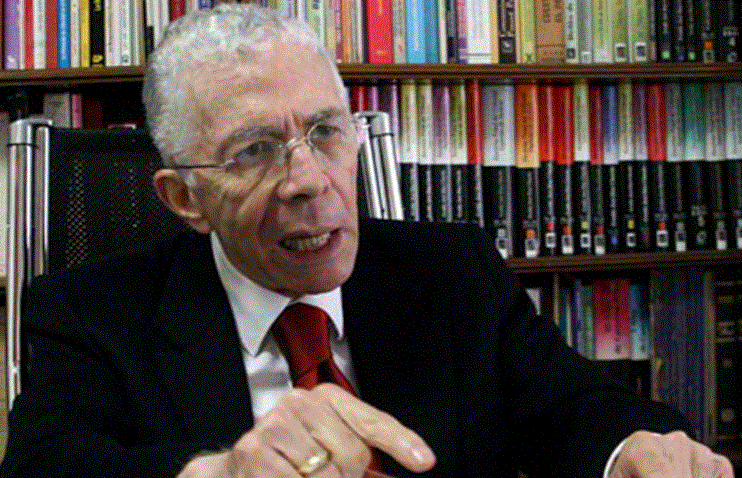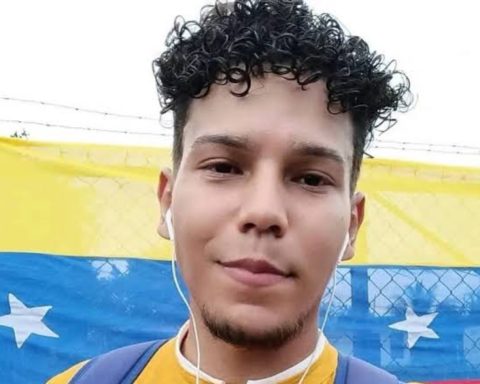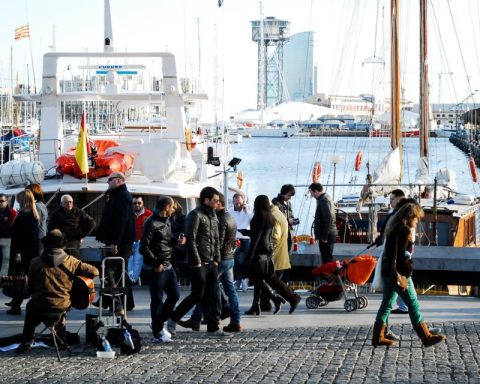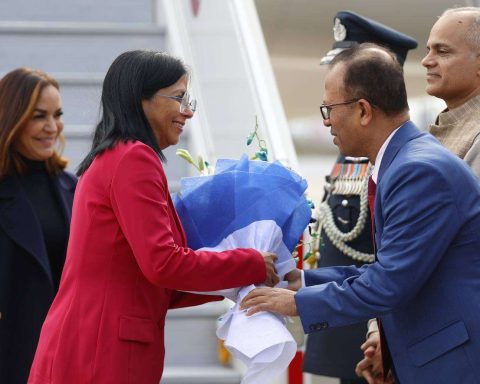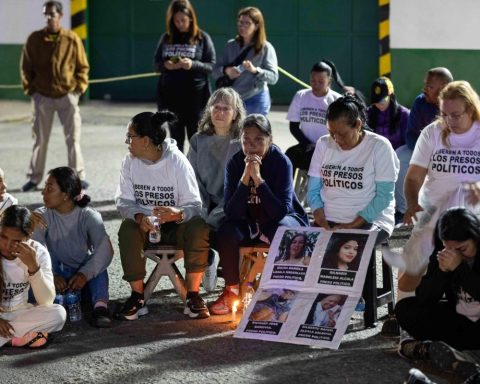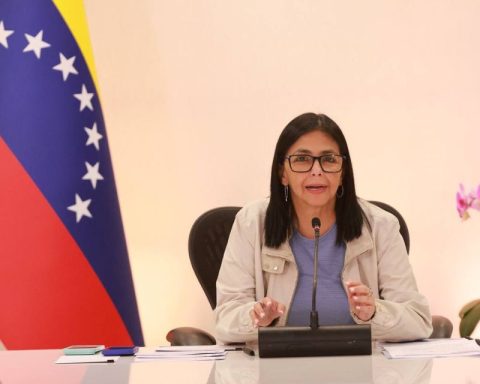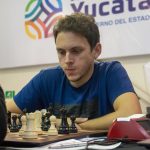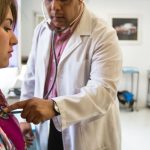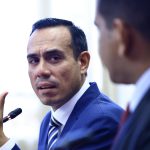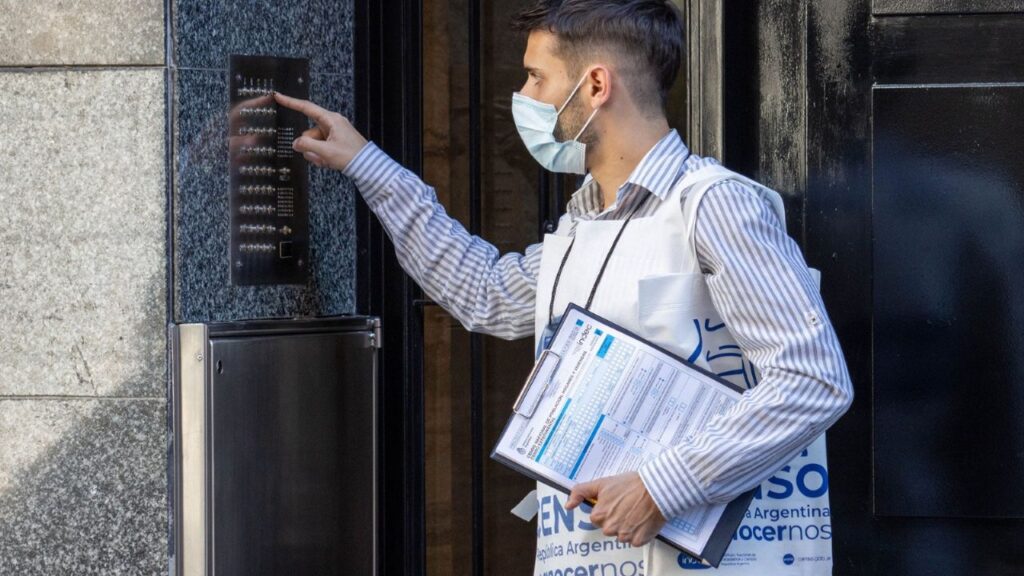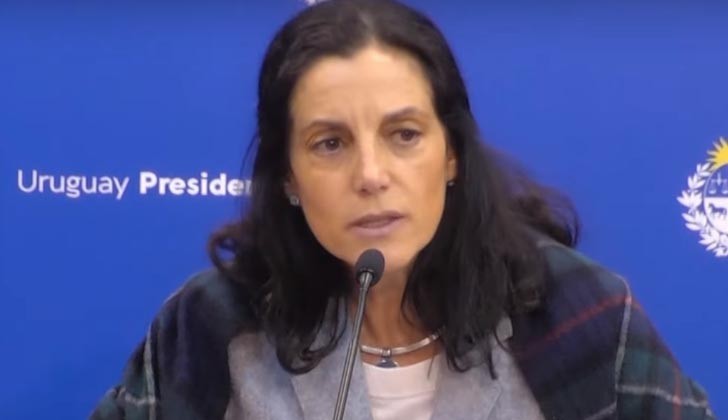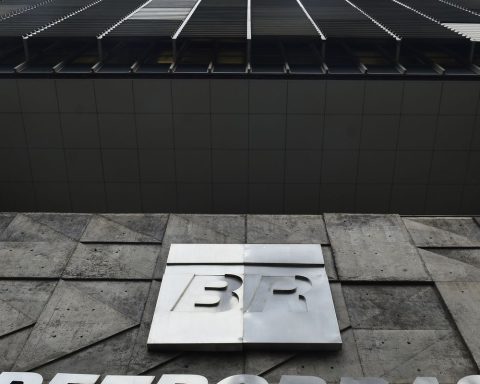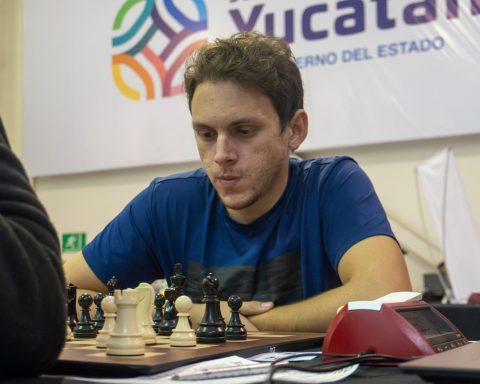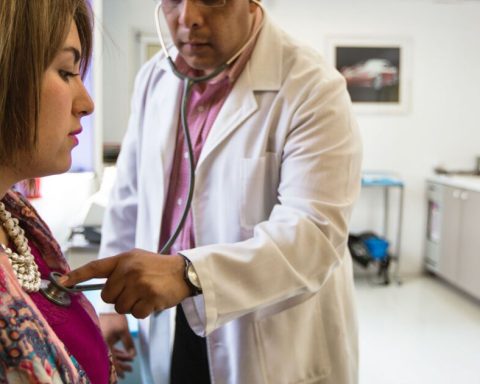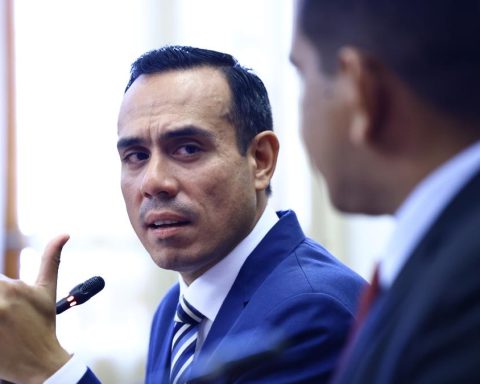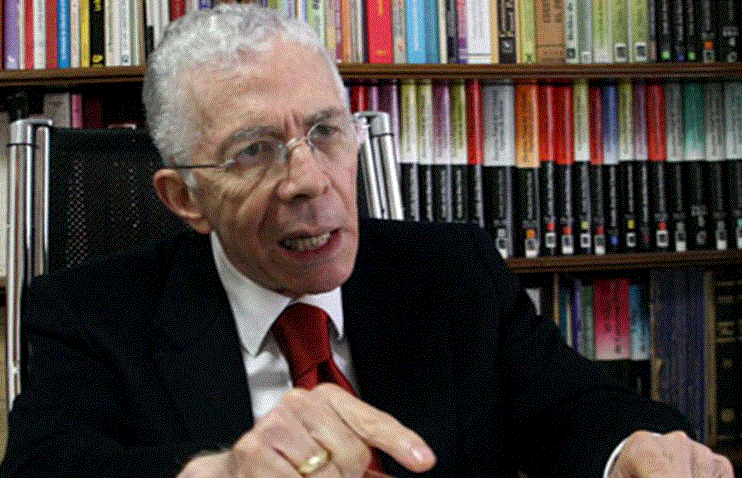
The history of Venezuelan Criminal Law cannot be written without the name of Alberto Arteaga Sánchez. His doctrinal contributions to legal science are relevant. His time as director of the Institute of Criminal and Criminological Sciences -today the Institute of Criminal Sciences- of the Faculty of Legal and Political Sciences of the Central University of Venezuela was marked by high academic productivity and by the contribution with fundamental works to the development of this area of law. The same thing happened when he was dean of the same faculty.
Those are sufficient reasons that justify that the Prize has been awarded Alma mater from the Central University of Venezuela corresponding to the year 2022. This award was created to value and recognize the contributions of ucevistas who can be qualified as comprehensive graduates. And this means that the graduate who deserves the award must have made notable contributions to the country and to the university, while being a reference to republican values.
Among those relevant contributions of Arteaga several can be mentioned. In the first place, his management as director of the Institute of Criminal Sciences of the UCV, in which he continued the academic work begun by Tulio Chiossone and Francisco Canestri. Arteaga replaced Chiossone in the direction of this institute. It was a stage marked by vigorous academic activity. Two tribute books were published: Arminio Borjas and Tulio Chiossone. Likewise, at that time foreign criminal lawyers Jorge Frías Caballero, Jorge de la Rúa and Eduardo Novoa Monreal came to Venezuela, who investigated at the Institute of Criminal Sciences and taught postgraduate classes at the UCV. Frías Caballero, in addition to his postgraduate courses, wrote his book during his stay in Venezuela Problems of guilt in the Venezuelan Penal Code. (in addition to compiling various works of his under the name of Criminal Topics). De la Rúa published his book in Venezuela Crimes against trust in business. And Novoa Monreal wrote Foundations of the crimes of omission. All of these are canonical works. It is worth noting that the presence of these visiting professors contributed to the formation of a generation of Venezuelan penalists. And that was done during the administration of Alberto Arteaga.
Later, the Institute was directed by three criminologists: Myrla Linares Alemán, Rosa del Olmo and Luis Bravo Dávila, until Carlos Simón Bello, one of Alberto Arteaga’s most outstanding pupils, became the director of the Institute. During his management, Bello promoted the celebration of international events; the José Rafael Mendoza Troconis Free Chair and the Free Chair of Law and Bioethics baptized under the name Dr. Augusto León were created; Two tribute books were published: to Mendoza Troconis himself and to Alberto Arteaga (the latter co-sponsored by the Academy of Political and Social Sciences). The Tulio Chiossone library (which is the name given to the Institute’s library) was also renovated.
Special mention deserves the publication of the Venezuelan Penal Code commented article by article, with all the background, which began at the initiative of the Institute’s management. In 1999, Volume VIII was published, which covered the crimes provided to date in the Penal Code. Only the volume related to fouls was missing. This work, like the previous ones reviewed, demonstrates the team spirit of the Institute’s researchers and professors.
Secondly, the doctrinal production of Alberto Arteaga consists of nineteen books and more than fifty articles published in different magazines. Among his books are: Venezuelan criminal law with twelve editions up to the time; Guilt in the General Theory of the punishable act Y Fraud and other fraud in Venezuelan criminal law, which was the first study on the subject published in our country. His books and articles are characterized by his clean and clear prose, which facilitates the study of the complex issues of Criminal Law.
Likewise, in the exercise of the chair he earned the respect of colleagues and students for the quality of his presentations and for his punctuality. As a teacher he made his students think and his methodology was at odds with the techniques of caletre and repetition of orphan data of reflection.
Thirdly, his tenure as dean of the Faculty of Legal and Political Sciences was characterized by his openness and tolerance towards those who did not think like him. Competitions were held, the graduate program received support from the dean, and academic excellence was promoted. For these reasons, he was overwhelmingly reelected as dean for the 1987-1990 term. At the end of his second deanship, he retired as a full-time professor. It is, therefore, a life dedicated to research and teaching in “The house that overcomes the shadow.”
In fourth place -and after his retirement- Alberto Arteaga successfully dedicated himself to professional practice. In these functions, he was the defender of President Carlos Andrés Pérez in the trial that followed. His participation was appreciated and respected by all, because he did it with courage, decency and conviction. For this reason, his name became widely known nationally and internationally. At the same time, as a litigator he has demonstrated his probity and commitment to his clients. Another feature that should be highlighted.
Added to this are his opinion articles published in the national press, characterized by precision and clarity. In these articles, Arteaga Sánchez has guided public opinion on legal and political issues. The weight of his voice is recognized nationally.
For these reasons, the Academy of Political and Social Sciences unanimously decided to nominate him for the aforementioned award. Alma mater. In this application, the Academy pointed out that the postulate is “one of the most notable exponents of Venezuelan legal thought of any time.” Sufficient credentials to qualify him as a value of the Venezuelan forum.
The value of the Venezuelan criminal doctrine is due, to a large extent, to the work carried out by the Institute of Criminal Sciences of the Central University of Venezuela. Hence, in a beautiful academic ceremony held yesterday in Room “E” of the UCV Library, Professor Arteaga was awarded the prize Alma mater.
In the middle of everything, in the center is his ability to do, his human quality, his simplicity, his inner constitution and his creative impulse. In simple and concise words: we must celebrate the award Alma mater from the Central University of Venezuela 2022 awarded to an integral republican: Alberto Arteaga Sánchez.
